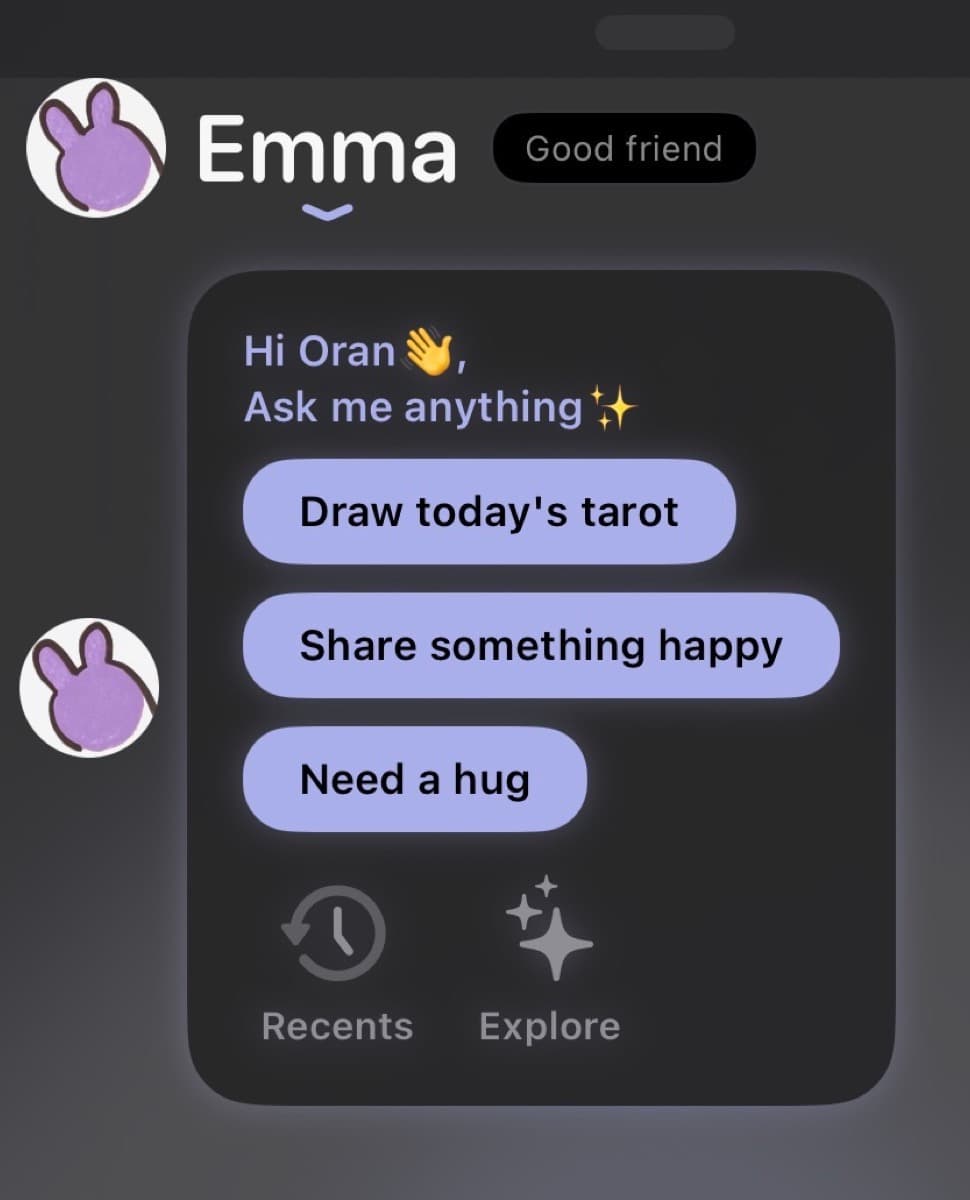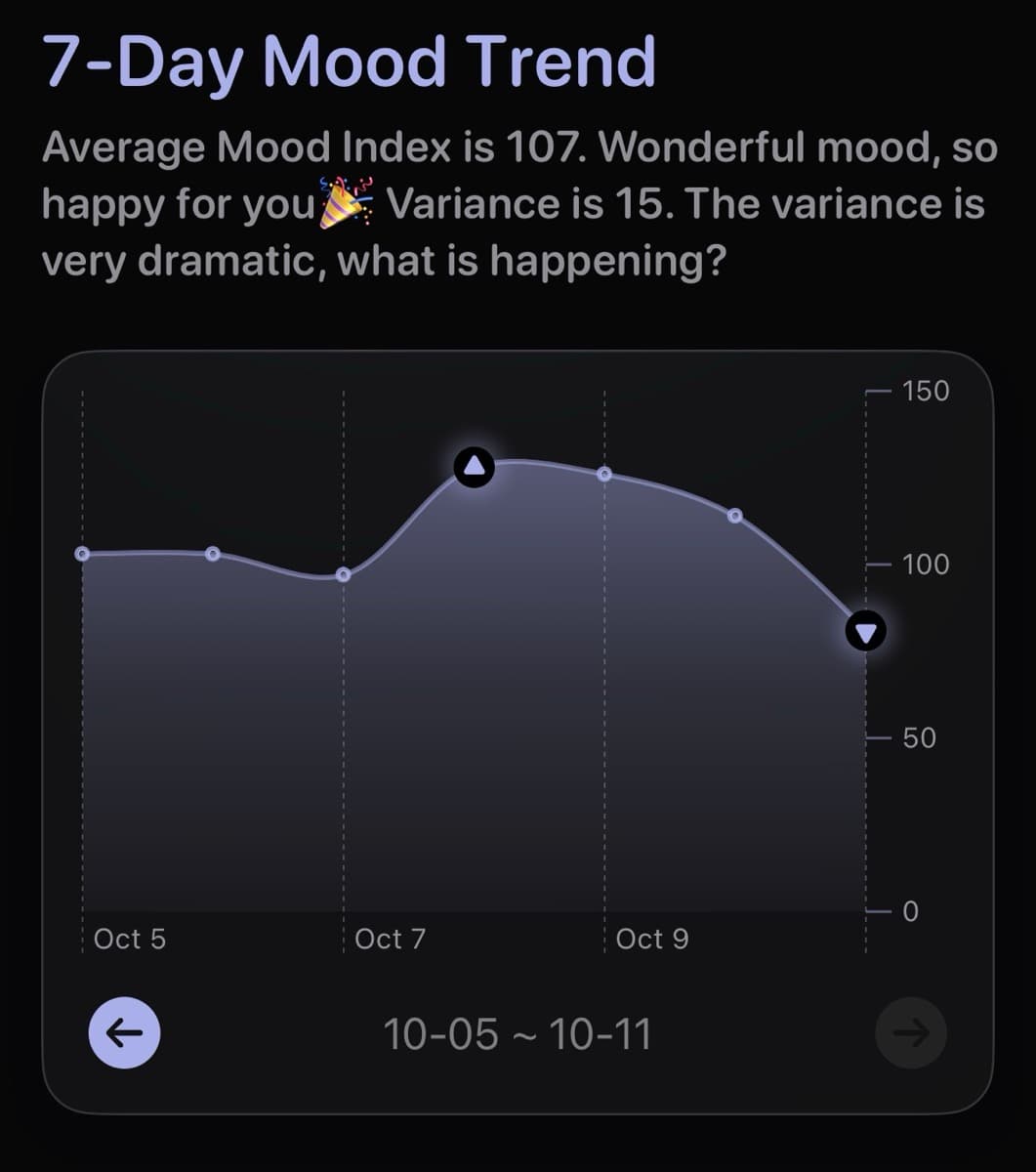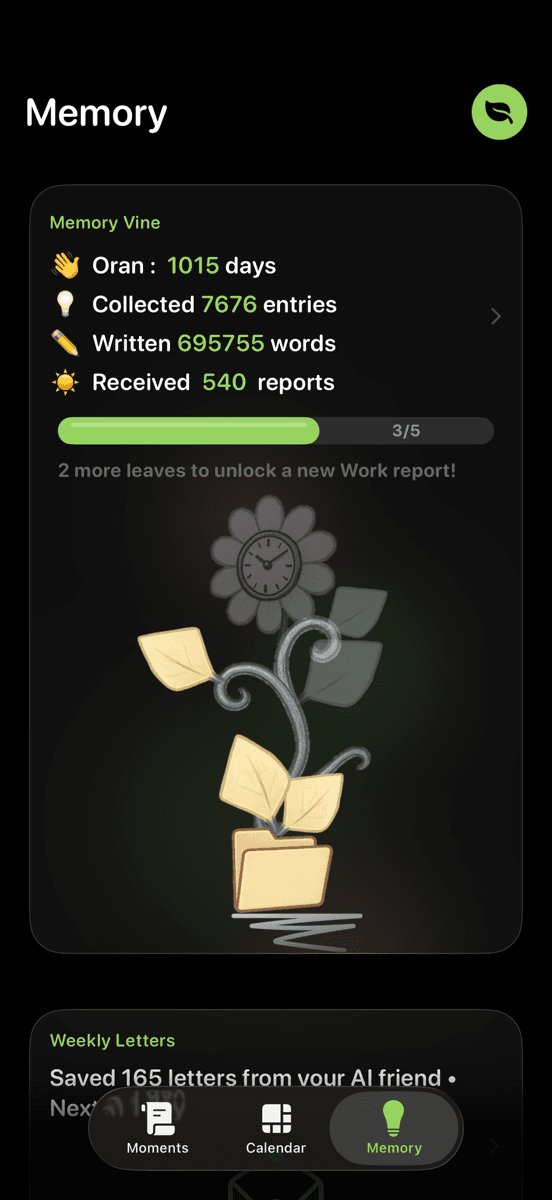If you dread opening your eyes every morning, heart racing before your alarm even goes off, you're not alone. Morning anxiety affects 65% of people with anxiety disorders—and it's often the worst anxiety they experience all day.
Here's what's actually happening in your body, the common mistakes that make it worse, and the 7-step morning routine that can help you reclaim your mornings.
The Science of Morning Anxiety
Morning anxiety isn't "all in your head"—it's a physiological response driven by several biological factors:
The Cortisol Surge
Your body naturally releases cortisol (the stress hormone) in the morning to help you wake up. This "cortisol awakening response" typically peaks 30-45 minutes after waking. For people with anxiety, this surge can trigger fight-or-flight mode instead of gentle alertness.
It's like your body's alarm system goes off when there's no actual fire. The cortisol spike that should energize you instead sends signals of danger, creating that characteristic morning dread.
Blood Sugar Crash
After 8+ hours without food, your blood sugar is naturally low. Low blood sugar mimics anxiety symptoms: shakiness, rapid heartbeat, sweating, difficulty concentrating. Your brain interprets these physical sensations as danger, triggering more anxiety.
Anticipatory Anxiety
Your mind starts scanning for threats the moment you wake up. What's on my calendar? What did I forget to do yesterday? What could go wrong today? This mental checklist activates your nervous system before you've even gotten out of bed.
REM Sleep and Dreams
During the final sleep cycles before waking, you're in REM sleep—when dreams are most vivid and emotional. Anxious or stressful dreams can carry over into waking, leaving you in fight-or-flight mode as you open your eyes.
Common Mistakes That Make Morning Anxiety Worse
1. Checking Your Phone Immediately
Reaching for your phone before you've even fully woken up floods your brain with information it's not ready to process. Emails, news, social media—each notification is a micro-stressor that compounds your cortisol spike.
One study found that checking email first thing in the morning keeps people in a "perpetual state of stress" throughout the day. Your already-anxious nervous system gets overloaded before it has a chance to regulate.
2. Lying in Bed Ruminating
When anxiety hits, many people stay in bed hoping it will pass. But lying still while your mind races actually intensifies anxiety. Without physical movement or engagement, your brain has nothing to do except amplify worries.
3. Skipping Breakfast
Thinking you'll "just have coffee" and eat later? That plummeting blood sugar is making your anxiety worse. Caffeine on an empty stomach further stimulates your already-overactive nervous system.
4. Rushing Through Your Morning
Hitting snooze multiple times, then frantically racing to get ready creates chaos. Your nervous system stays in stress mode from the moment you wake up, with no buffer time to regulate.
5. Caffeine on an Empty Stomach
Coffee increases cortisol and can trigger anxiety symptoms when consumed without food. For people prone to morning anxiety, this combination can spark panic-like symptoms: racing heart, jitters, rapid thoughts.
The 7-Step Morning Anxiety Reset
Step 1: Awareness Before Action (5 minutes)
Before getting out of bed, spend 5 minutes simply noticing your anxiety without trying to fix it. This sounds counterintuitive, but acknowledgment without judgment actually reduces anxiety's power.
Try this: "I notice my heart is racing. I notice worried thoughts about today. I notice tension in my chest. These are anxiety symptoms, and they're temporary."
You're not fighting the anxiety or letting it control you—you're observing it like weather passing through.
Step 2: Grounding Technique (2 minutes)
The 5-4-3-2-1 sensory exercise pulls you out of your anxious mind and into the present moment:
- Name 5 things you can see
- Name 4 things you can touch
- Name 3 things you can hear
- Name 2 things you can smell
- Name 1 thing you can taste
This simple exercise activates the thinking part of your brain, interrupting the anxiety loop.
Step 3: Protein First (15 minutes)
Before caffeine, before checking your phone, eat protein. Eggs, Greek yogurt, protein shake, nut butter on toast—anything with 15-20g of protein stabilizes blood sugar and provides amino acids your brain needs to produce calming neurotransmitters.
The difference in morning anxiety between eating protein first vs. starting with coffee is remarkable for most people.
Step 4: Movement Before Screens (10 minutes)
A 10-minute walk outside before looking at your phone completely changes your morning trajectory. Morning sunlight helps regulate cortisol, physical movement burns off stress hormones, and fresh air signals safety to your nervous system.
If you can't go outside, try 10 minutes of gentle stretching or yoga. The key is movement before information consumption.
Step 5: Controlled Breathing (5 minutes)
Box breathing calms your nervous system by activating the parasympathetic (rest-and-digest) response:
- Inhale for 4 counts
- Hold for 4 counts
- Exhale for 4 counts
- Hold for 4 counts
- Repeat for 5 minutes
This technique literally sends signals to your brain that you're safe, counteracting the fight-or-flight activation.
Step 6: Morning Pages (10 minutes)
Brain dump everything swirling in your mind onto paper. Write 3 pages stream-of-consciousness—no editing, no judgment, no one will read it.
This practice clears mental clutter, externalizes worries, and often reveals that your anxiety is less overwhelming once it's on paper. The act of writing engages your logical brain, reducing emotional reactivity.
Step 7: Strategic Planning (5 minutes)
Anxiety thrives on overwhelm. Combat this by writing your top 3 priorities for the day. Not your entire to-do list—just three things. This creates a sense of control and direction, reducing the "I have too much to do" spiral.
Format: If I accomplish nothing else today, these three things matter most: [1] [2] [3]
Tracking Your Patterns
Morning anxiety isn't random—it follows patterns most people don't notice without tracking.
Many Lifelight users discover their morning anxiety correlates with specific triggers they couldn't see without data. Going to bed after midnight reliably causes morning panic. Sunday night anxiety predicts the entire week's mood baseline. Having difficult conversations the previous day creates next-morning dread.
Lifelight's automatic mood detection catches these patterns even when you're too anxious to journal. One user said: "Seeing that my morning anxiety was worse after alcohol completely changed my evening habits—I just couldn't see the pattern without tracking."
The visual mood calendar shows what your anxious mind can't process: which days are consistently harder, what precedes good mornings vs. bad ones, whether your interventions are actually working.
When to Seek Professional Help
Morning anxiety is common, but certain symptoms warrant professional support:
- Morning panic attacks: If your morning anxiety includes intense physical symptoms (chest pain, feeling like you're dying, inability to breathe), you may be experiencing panic attacks that require treatment
- Can't get out of bed: If anxiety prevents you from functioning—you can't go to work, complete basic tasks, or leave your home
- Interfering with work: If morning anxiety causes you to call in sick regularly, arrive late consistently, or perform poorly
- Lasting more than 6 months: Temporary morning anxiety from a stressful period is different from chronic morning anxiety that persists regardless of circumstances
- Suicidal thoughts: If morning dread includes thoughts of not wanting to wake up or wishing you wouldn't exist
Medication, therapy (especially CBT), or a combination can provide relief when self-help strategies aren't enough.
The 30-Day Morning Anxiety Challenge
Changing morning patterns takes consistency. Try this 30-day approach:
Week 1: Implement Steps 1-3 (Awareness, Grounding, Protein). Track your anxiety level each morning (1-10 scale).
Week 2: Add Steps 4-5 (Movement, Breathing). Continue tracking.
Week 3: Add Steps 6-7 (Morning Pages, Planning). Review patterns in your tracking data.
Week 4: Evaluate what's working, adjust timing, make sustainable. By week 4, most people report 40-60% reduction in morning anxiety intensity.
Real Success Stories
Maria, 32: "I'd wake up with my heart pounding, dreading the day before it even started. The protein-first rule changed everything. I thought I was 'saving time' by skipping breakfast, but I was actually creating hours of anxiety. Within two weeks of eating protein first, my morning anxiety went from 8/10 to 3/10."
James, 28: "Morning pages felt silly at first—how would writing help anxiety? But it got the racing thoughts OUT of my head. After 30 days, I could see patterns: my worst mornings followed nights I scrolled social media before bed. I'd never connected those dots without tracking."
Lily, 40: "The no-phone-first-hour rule was the hardest change but had the biggest impact. I didn't realize how much starting my day with emails and news was setting off my anxiety. Now I walk first, eat first, THEN check my phone. Game changer."
Your Morning, Your Choice
Morning anxiety feels inevitable when you're in it. But with consistent implementation of these strategies and awareness of your personal patterns, mornings can shift from dreaded to manageable—even peaceful.
Start with one step tomorrow morning. Just one. Track how you feel. Build from there.
Your future mornings are counting on the choices you make today.


